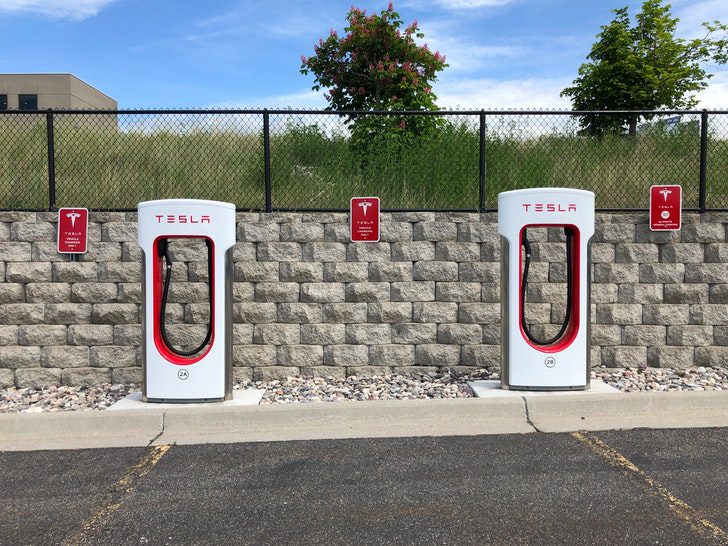Electric cars, also referred to as EVs, are environment friendly, chargeable cars that require little to no fossil fuels and run on batteries made of lead or nickel or standard battery using lithium ion.
EVs run faster than traditional fuel cars and can be charged anywhere, at home using a battery charger or charging stations around the country. Electric cars owners also spend less money on their car and mechanic visits, especially in countries where fuel prices fluctuate either because of political instability, natural disasters or other reasons.

Electric cars hope to reverse one of the most significant contributing factors to irreversible climate change; burning of fossil fuels.
The post world war age of globalization has made climate change far for the worse. With every other person now owning a diesel or petrol powered car and the numbers only expected to rise, it’s no wonder why climate change has deteriorated so suddenly over the course of the past century.
Electric cars hope to reverse these changes and ensure that we don’t compromise on sustainability and climate goals while maintaining our mobility. The electric car industry is also hoping to enter the mass transport industry soon, with electric trucks being underdevelopment as well.

While the world of electric cars is still in infancy, it is advancing rapidly. The industry seems to have overcome the biggest challenges of reducing recharging time, with fast charging points now available abundantly across the country. These stations allow a driver to recharge their car to a full-charge within 40 minutes.
Ideally, there are two types of electric vehicles: Battery Electric Vehicles and Plug-in Hybrid Electric Vehicles. BEVs run entirely on electricity, require less maintenance and help the environment by reducing noise pollution. It can be fully charged from 30 minutes to 12 hours depending on the electricity tariff. PHEVs can run on both fuel and electricity.
What happens if we don’t take action?

Electric cars are more preferred because of lesser impacts on the environment. Cars, trucks, trolleys, trains etc play a major role in affecting the climate as they release carbon dioxide and pollute the air and our surroundings. These effects include:
- Global warming
- Depletion of the Ozone layer
- Air Pollution
- Noise Pollution
- Water Pollution
- Smog
- Public health issues such as heart diseases, lung inflammation, difficulty breathing, blood pressure, ear damage, pneumonia, allergy and mental health issues.
In 2019 alone there were clear signs of how climate change started drastically affecting our lives. With glaciers starting melting there is now added risk for the lives of many land and sea animals, the forest fires brought great lost to rainforests and greenhouses
The added risk of diseases due to climate change such as dengue and malaria has also added to the problem.
Many celebrities have taken the liberty of spreading awareness such as Angelina Jolie and Leonardo DiCaprio. In 2021 Joe Biden promoted the residents of the US towards electric cars and planted more power generators around the country.
Switching to sustainable shopping, sustainable cars, using hydraulic systems, environment friendly refrigerators and air conditioners can give our world a chance to live longer.




